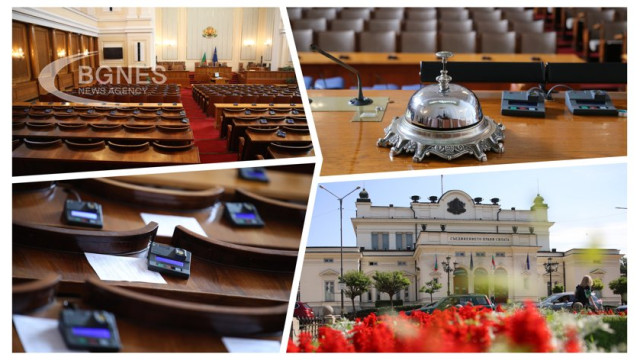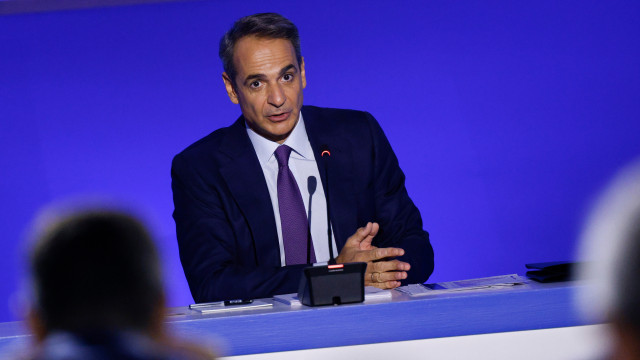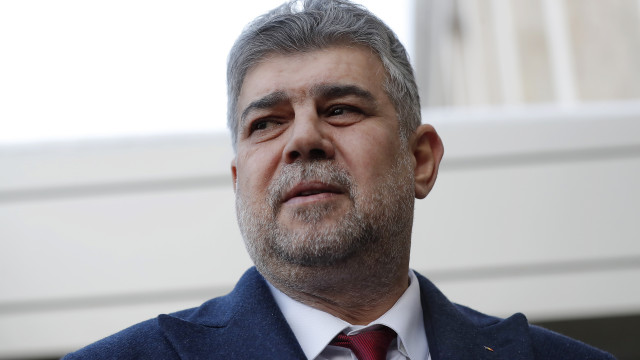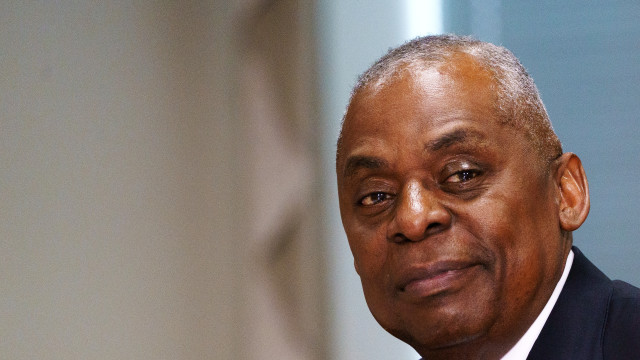Bulgaria's 49th National Assembly is coming to an end, and with it the first failed rotation in the executive branch, BGNES reported.
After a series of early parliamentary elections and caretaker cabinets of President Rumen Radev, Bulgaria made the first ever rotation of the executive branch, but only for 10 months, after which the "helm" was again taken over by a caretaker cabinet, but this time under new rules.
The rules were introduced by GERB-UDF, We Continue the Change-Democratic Bulgaria and the Movement for Rights and Freedoms /MRF/ with the so-called changes in the Constitution, according to which in the event of elections the president can choose a caretaker prime minister from among the speaker of the National Assembly, the governor and sub-governors of the Bulgarian National Bank, the head of the Court of Auditors and the ombudsman, as well as their deputies. This is exactly what has happened. After the 9 months of a cabinet with Nikolay Denkov of the WCC as prime minister, it was supposed to have a rotation and Maria Gabriel of GERB-UDF became prime minister. However, the negotiations led to failure and the first ever caretaker cabinet reporting to parliament became a fact. The frontrunner turned out to be the chairman of the Court of Auditors Dimitar Glavchev, who showed how caretaker ministers - of the Ministry of Foreign Affairs and of Agriculture - can be replaced after a week of rule.
With the amendments to the basic law, the GERB-UDF, WCC-DB and MRF limited the powers and mandate of the Prosecutor General, divided the Supreme Judicial Council into two colleges-the Supreme Prosecutorial Council and the Supreme Judicial Council, and decided to create an Inspectorate of the Judiciary, which would consist of an inspector general and ten inspectors. However, the composition of the Supreme Judicial Council was never adopted and the deputies made a new amendment to the Code of Criminal Procedure, which extended the work of the Council in its state before the changes.
The new year 2024 was to begin with the election of two representatives from the parliamentary quota to the Constitutional Court, the completion of the new anti-corruption commission and a number of changes to the Judiciary Law so that the reformed High Judicial Council could be operational. Alas, only the first task was accomplished as the MPs sent the former chairperson of the GERB-UDF political group, Desislava Atanasova, and WCC-DB nominee Borislav Belazelkov as constitutional judges. The MPs also had to complete the composition of the regulators, as the chairmen of 16 state bodies have expired terms of office, but the National Assembly could not reach that either.
The energy sector, however, proved more successful. In its last life, the 49th National Assembly postponed electricity liberalisation by one year, granted BGN 1.2 billion for the reconstruction of the Maritsa basin for the period 2024-2028, adopted the climate neutrality project in order to receive funding under the second tranche of the Recovery and Sustainability Plan, as well as the project for the construction of Kozloduy NPP units 7 and 8 using Westinghouse's AR1000 technology, and also mandated negotiations with a potential construction company for the engineering, construction, delivery and commissioning of a nuclear power plant on the NPP site.
The defence sector, in turn, is guaranteed a salary increase from 1 January 2025 - the salaries of servicemen to rise by an average of 30%.
Changes to the Gambling Act were also adopted, banning gambling in the media.
So at least these decisions will not be transferred to the 50th National Assembly, where the steps for our full admission to Schengen, the Eurozone and the Organisation for Economic Cooperation and Development are already pending. /BGNES



.jpg)



